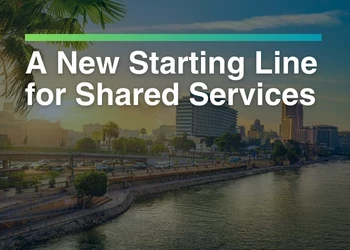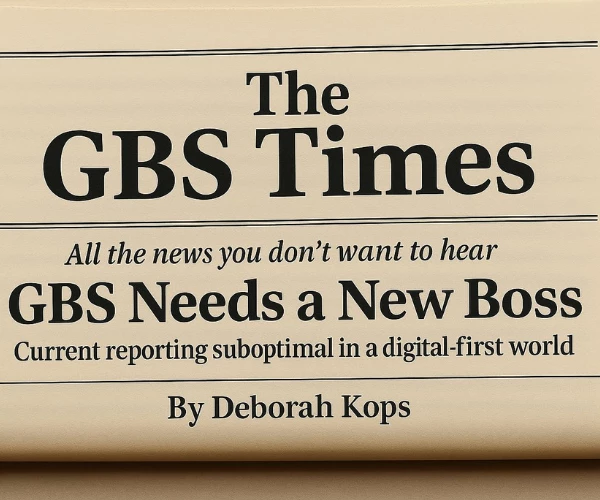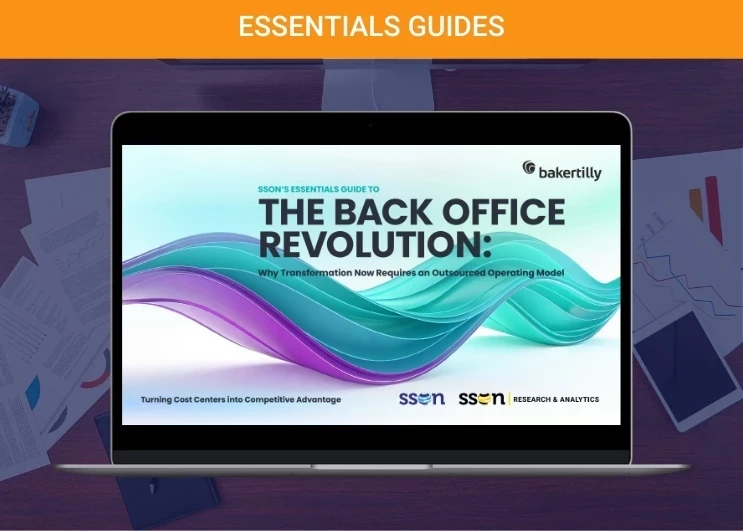How will COVID-19 reshape the future of GBS? An Interview with Pfizer
Add bookmark
Anil is currently Director BPO Operations and Digital Transformation. He is the India Site Leader for Pfizer- GFS and manages the BPO relationship with Genpact. In this role he is responsible for overseeing the Finance & Accounting operations outsourced to Vendor Partner “Genpact” and ensuring a successful transition as is required for effective and efficient processing of Pfizer’s financial transactions around the world. He is an integral part of the Global Financial Solutions Extended Leadership Team serving as liaison with regional Shared Services Centres, external service providers and business unit clients.
SSON: What might happen longer term to the way we consume technology and business services as a result of the COVID-19 virus?
Anil: I do believe this will increase the emphasis on home-grown talent, the use of digital technologies and the way we consume technology & business services. At Pfizer, we’re already leveraging remote-working and video conferencing a lot these days. In addition, we’ve automated most of our rules-based processes with RPA to help improve turnaround time and touchless processing of our finance & accounting processes across P2P, O2C and R2R functions. Today more than ever we are seeing the tangible benefits of this.
SSON: Will the current pandemic support the case for GBS and bolster investment in positive change?
Anil: For companies that have already implemented GBS successfully and are able to scale up, then yes definitely. We've been working on strategies for our new sites for the last 5-6 years (most of which were in Prague and Costa Rica), and today we definitely see the benefit of having a global model. But it needs a lot of investment to make it happen - the problem now for those trying to grapple with this situation and its impact, is that it actually might be a safer option to wait and watch how things progress before making new investments. It may even make sense to centralize some processes, because the more geographic spread you have the more these processes are dispersed across the globe. I do see that eventually people may move to a model where some activities are done globally and some centrally (depending upon which processes require more manual intervention).
SSON: What questions do SSCs need to be asking themselves at this stage in regards to their BCPs?
Anil: How straightforward and practical are our BCP Solutions to implement? Is my BCP Solution working and passing the parameters of ‘Hot Testing’? Are we prepared for latency complications? Are we able to meet emergency service levels for all services to our customers? These are just some of the questions SSOs on a global scale should be asking themselves. Some will realise that working from home is the best and easiest solution, whereas others will see value in setting up alternate sites – every situation is unique and requires careful planning and consideration. Specifically at Pfizer, we took the decision to move to a work-from-home model in response to current circumstances, and certainly there will be many other companies who invested in BCP planning many years ago and will now see those benefits.
SSON: What are the short- and long-term lessons being learned right now?
Anil: Short term lesson? Panicking doesn’t help! We need to manage the situation quickly, logically, in a sequential manner and to the best of our organisational ability. On a more long-term level, having a BCP Solution that works and is easy to implement and deploy is the most critical learning of this current circumstance. It’s up to us to guarantee continuity in a timely way when crisis strikes, as so many across the globe are currently doing.


































